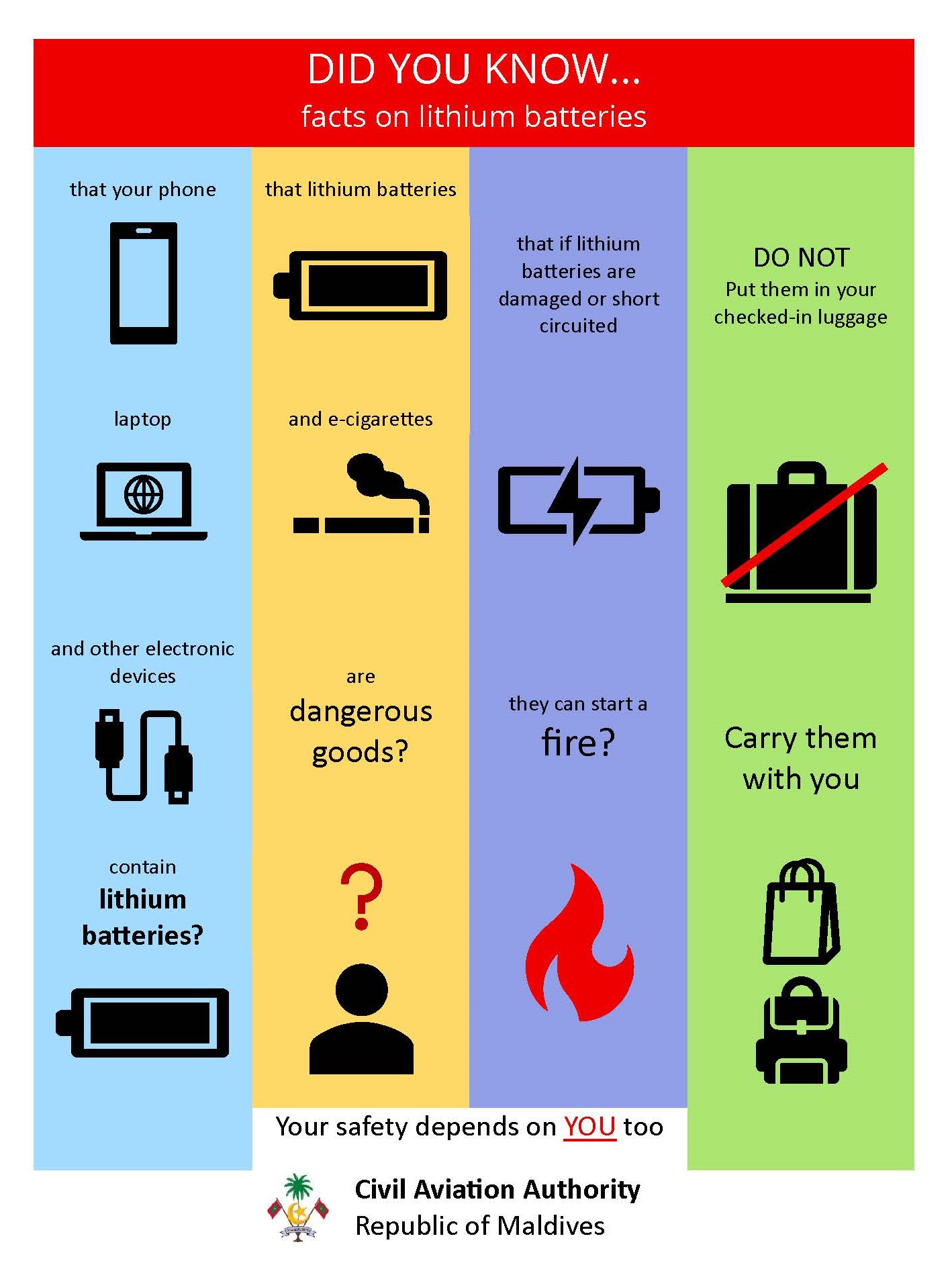Plan a Trip
Passports, ID Cards and Visas
The right documents, such as a valid passport and the relevant visas are essential for smooth and pleasant journey.
Passports & ID Cards
A passport or equivalent travel document valid for the entire duration of the trip is necessary for any international flight. Some countries additionally require that the passport is valid for three to six months beyond your trip. Domestic flights require you to carry your ID Card.
Visas
Depending on your nationality and the purpose of your journey, you may need a visa or an equivalent form of authorisation for every country you enter as part of your journey — even if you are only changing flights.
Medical Fitness
Medical Fitness
Medical Conditions
If you have a pre-existing medical condition such as diabetes, asthma, heart disease, epilepsy, or any other chronic disease, here are some steps you can take to remain healthy on your travels.
- See your doctor prior to travel. Your doctor should make sure your conditions are well controlled and that any required prescriptions are up to date.
- Bring adequate supplies of your usual medications and carry them in your hand luggage.
- Make sure your immunisations are up to date and carry your immunisation card with you.
- Check your health insurance coverage to ensure you are covered for international travel, including repatriation costs.
Traveling while pregnant
Pregnancy is an altered state of health that requires special considerations. With careful preparation, however, most pregnant women are able to travel safely. For more details and precautions visit the CDC website.
A medical certificate or letter signed by an appropriately qualified doctor or midwife is required for pregnant women traveling after 29th week of pregnancy. Travel is usually not permitted after 36 weeks (single pregnancies) or 32 weeks (multiple pregnancies) of gestation.
Immunisations
Although most travelers have already had vaccinations as children, they may still require boosters or new immunisations. Consult your doctor prior to travel to see if you will need any vaccinations. Remember to bring a copy of your vaccination records on your trip
Medical equipment and medication
Essential medicines are allowed in your hand luggage. If the medicine is a liquid, and the amount of liquid is more than 100ml, you will need to get permission from the airline and airport, as well as a letter from your doctor.
You will need permission from the airline to take certain medical equipment on board for example oxygen or insulin pumps. Some airlines will not allow you to take your own oxygen bottles on board but will provide this on request.
Baggage Policy
Baggage Policy
Information on checked baggage allowances, managing excess baggage and the requirements relating to carry on baggage.
Hand Baggage
This is the luggage that you can take with you on the aircraft and store in the overhead compartment when on the plane. Most airlines allow 1 bag with a maximum weight of 7kg plus a handbag or laptop. It is important to note any items you purchase at the airport forms part of the hand baggage allowance.

Checked Baggage
This is the luggage that will be checked and placed in the hold of the aircraft. This luggage will be taken from you when you present yourself at the check in desk or the bag drop area if you checked in online.
Checked Baggage allowance differs depending on the airline and intended class of travel. It is important you confirm these datails prior to travel. Most airlines include at lease one bag per person of up to 23kg. It is possible to take extra and overweight bags but you will be charged.
Restricted and Dangerous Goods
Restricted and Dangerous Goods
There are restrictions on what items you can take onto aircraft for reasons of safety, security and taxes. Some items are not allowed in your hand luggage and some are not allowed anywhere on the aircraft. Some items need to have the approval of the airline before you can take them on board. For more information on dangerous goods go to our dedicated DG webpage.
Liquids in hand baggage
There are strict restrictions on liquids in hand baggage for security reasons. If you need to take liquids away with you, aim to pack as much as possible in your hold baggage. Liquids in this sense include lipsticks, mascara, toothpaste, hairspray and shaving foam.






